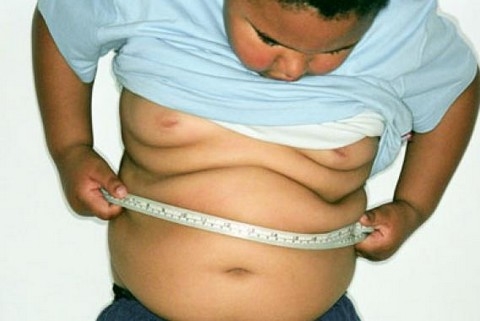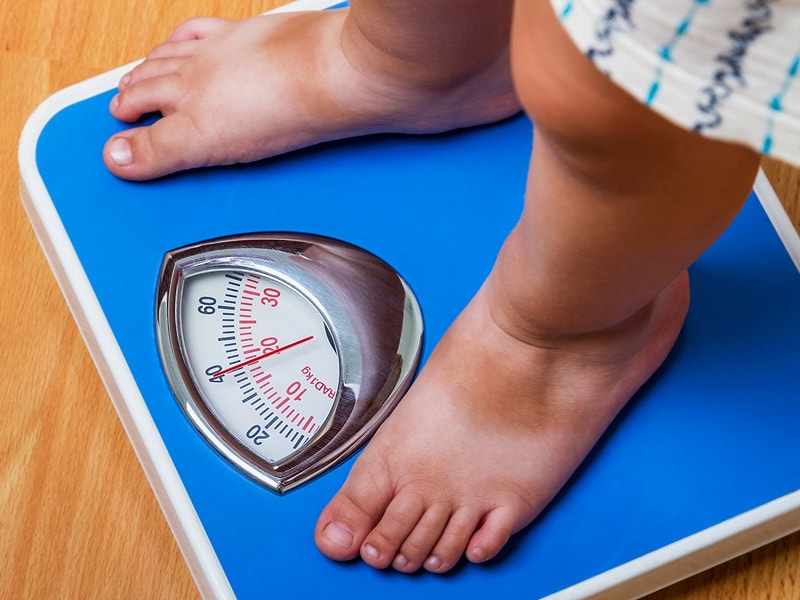Health Centers > Obesity and Weight Management Health Center > Diet Overview. Diet & Weight Management. Diets and Diseases
Diet Overview
Why is weight management important?
In addition to helping you feel and look better, reaching a healthier body weight is good for your overall health and well being. If you are overweight or obese, you have a greater risk of developing many diseases including type 2 diabetes, heart disease, and some types of cancer.
The key to successful, healthy weight loss
Successfully managing your weight comes down to a simple equation: If you eat more calories than you burn, you gain weight. And if you eat fewer calories than you burn, you lose weight. Sounds easy, right? Then why is losing weight so hard?
Well for one, weight loss isn't a linear event over time. When you cut calories, you may drop a pound or so each week for the first few weeks, for example, and then something changes. You eat the same number of calories but you lose less weight. And then the next week you don't lose anything at all. That's because when you lose weight you're losing water and lean tissue as well as fat, your metabolism slows, and your body changes in other ways. So, in order to continue dropping weight each week, you'll need to continue cutting calories.
Secondly, while in essence a calorie is a calorie, your body reacts differently to different types of food. So eating 100 calories of high fructose corn syrup, for example, will have a different effect on your body than eating 100 calories of broccoli. The trick for sustained weight loss is to ditch the foods that are packed with calories but don't make you feel full (like candy) and replace them with foods that fill you up without being loaded with calories (like vegetables).
Thirdly, losing weight in a healthy, sustainable way often takes time. It requires patience and commitment. Extreme diets may promise rapid results but they're more likely to leave you feeling cranky and starving and losing more cash than weight. Finally, there are emotional aspects of eating that can trip you up. Many of us don't always eat simply to satisfy hunger. We also turn to food for comfort or to relieve stress - which can derail any weight loss efforts before they begin.
The good news is that by making smarter choices every day, adopting healthy lifestyle changes, and developing new eating habits, you'll not only lose weight and be able to keep it off, you'll also improve your outlook and mood and have more energy.
Low-carbohydrate: Quick weight loss but long-term safety questions
Dr. Atkins' Diet Revolution launched the low-carbohydrate diet craze, focusing largely on high-protein meats and full-fat dairy products, while banishing carbohydrates such as bread, rice, and pasta. One popular permutation of the low-carb diet is the South Beach diet, which also restricts carbohydrates but favors healthier, unsaturated fats found in nuts and fish, and allows more whole grains, fruits, and vegetables.
The low-carb eating strategy is based on the theory that people who eat carbohydrates take in more calories and gain weight, while people on a high-fat diet eat less and lose weight. However, low-carbohydrate diets tend to cause dehydration by shedding pounds as urine. The result is rapid weight loss, but after a few months, weight loss tends to slow and reverse, just as happens with other diets.
The American Heart Association cautions people against the Atkins diet, because it is too high in saturated fat and protein, which can be hard on the heart, kidneys, and bones. The lack of fruits and vegetables is also worrisome, because these foods tend to lower the risk of stroke, dementia, and certain cancers. Most experts believe South Beach and other, less restrictive low-carbohydrate diets offer a more reasonable approach.
Getting started with healthy weight loss
While there is no "one size fits all" solution to permanent healthy weight loss, the following guidelines are a great place to start:
- Think lifestyle change, not short-term diet. Permanent weight loss is not something that a "quick-fix" diet can achieve. Instead, think about weight loss as a permanent lifestyle change - a commitment to replace high-calorie foods with healthier, lower calorie alternatives, reduce your portion sizes, and become more active. Various popular diets can help jumpstart your weight loss, but permanent changes in your lifestyle and food choices are what will work in the long run.
- Find a cheering section. Social support means a lot. Programs like Jenny Craig and Weight Watchers use group support to impact weight loss and lifelong healthy eating. Seek out support - whether in the form of family, friends, or a support group - to get the encouragement you need.
- Slow and steady wins the race. Aim to lose one to two pounds a week to ensure healthy weight loss. Losing weight too fast can take a toll on your mind and body, making you feel sluggish, drained, and sick. When you drop a lot of weight quickly, you're actually losing mostly water and muscle, rather than fat.
- Set goals to keep you motivated. Short-term goals, like wanting to fit into a bikini for the summer, usually don't work as well as wanting to feel more confident, boost your mood, or become healthier for your children's sakes. When frustration and temptation strike, concentrate on the many benefits you will reap from being healthier and leaner.
- Use tools that help you track your progress. Keep a food journal and weigh yourself regularly, keeping track of each pound and inch you lose. By keeping track of your weight loss efforts, you'll see the results in black and white, which will help you stay motivated.
Diet and Diseases
Anti-Alzheimer's Diet
Depression and diet
Low-carb diet & diabetes
Hemodialysis - diet
The Diet Detective
Kidney disease - diet
Diet - liver disease
Diabetes diet
Heart disease and diet
High carb diets & breast cancer risk
Fatty acid-rich diet & Alzheimer's
Healthy diet & age-related disability
End Stage Renal disease - diet
Mom's Poor Diet & Diabetes Risk in Child
Diarrhea in children - diet
Diet - intellectual development
Age-appropriate diet for children
Top cancer-causing foods
Foods That Help Detox and Cleanse Your Body
Moderate drinking and lower heart failure
An avocado and heart disease
Red Wine Prevents Cancer
Fresh milk and infections
Diet Overview
Diets
Atkins Diet
Low Fat Diets
Who's the diet expert?
Cholesterol diet
U.S. dietary guidelines
Low-fat, veggie-based diet
Weight Loss CAD Diet
Diet - fat
Diet - constipation
Diet - water
Alcohol and diet
Diet - folic acid
Phosphorus in diet
Chloride in diet
Diet and disease
Calories - diet
Calcium in diet
Low-fat diet, aspirin, & cancer
Yo-yo weight loss may impair immunity
Potassium in diet
Iron in diet
Zinc in diet
Selenium in diet
Diet - iodine
Diet - riboflavin


